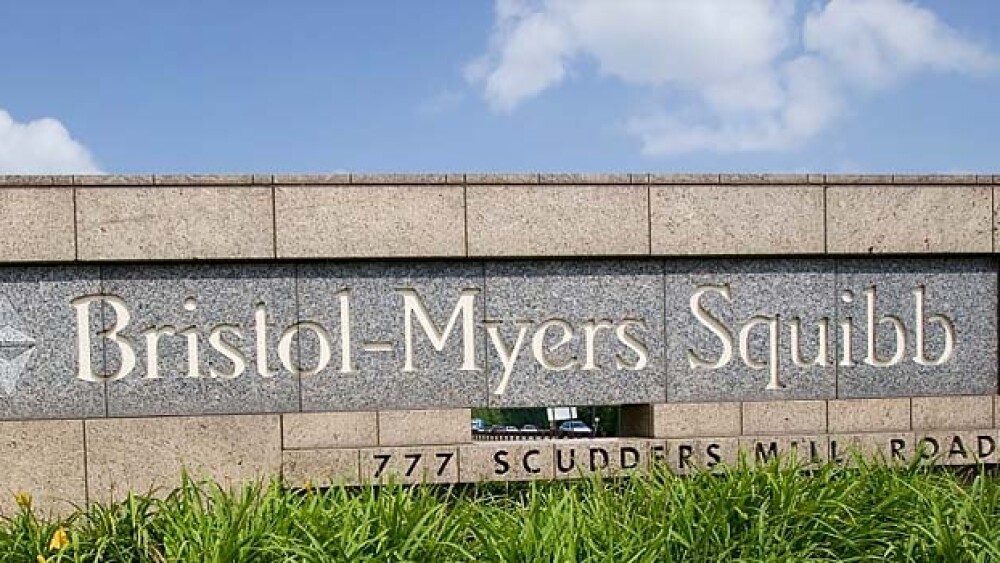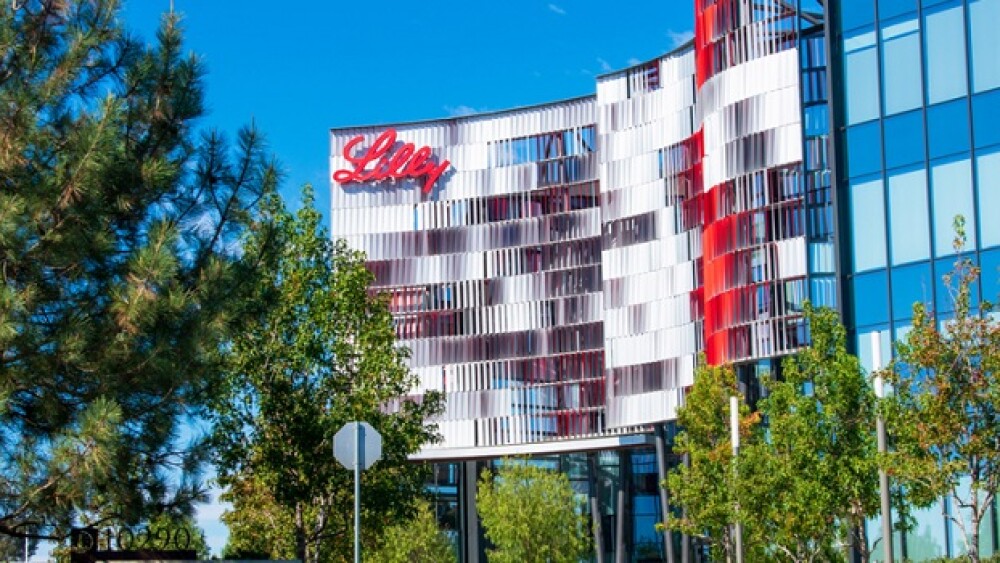With some shareholder opposition raised against the $74 billion acquisition of Celgene, the BMS board of directors is attempting to strengthen support of the deal ahead of the April 12 meeting.
With the stockholder meeting deadline approaching, Bristol-Myers Squibb continues its push to sell the $74 billion acquisition of Celgene to shareholders. The board of directors issued an open letter to shareholders urging them to support the deal.
In the open letter, the board members said they are unanimously supportive of the deal that was announced in January. The board members are attempting to quell any unrest caused by some shareholders who have come out in opposition to the deal, including Starboard Value LP and Wellington Management Company LLP, which owns about an 8 percent stake in BMS. The board members said the acquisition of Celgene represents not only a chance to create a stronger BMS but also will “deliver significant value for all shareholders.”
“The combined company will be stronger today, and better positioned for sustainable long-term growth. We disagree with those shareholders that have expressed concerns with some aspects of the transaction. Your Board has conducted a rigorous evaluation process, and is highly confident that this is the best strategic option for the company at this time. We ask for your support, and recommend that you vote your shares ‘FOR’ the proposed transaction with Celgene,” the board members said in the letter.
Since BMS announced the bid for Celgene, Chief Executive Officer Giovanni Caforio has been called on to defend the deal on multiple occasions. In a defense of the company’s plan, Caforio said the deal will create “the number one oncology franchise” for both solid and hematologic tumors. Caforio said the pillars of the combined pipeline will be built on the blockbuster checkpoint inhibitor Opdivo, as well as Yervoy and Celgene’s powerhouse drugs, Revlimid and Pomalyst. And, Caforio also pointed to a cardiovascular pipeline led by Eliquis and a pipeline of inflammation drugs helmed by Orencia and Otezla. Earlier this month at Cowen and Company’s 39th Annual Health Care Conference, Caforio said the deal “is the right option and the best option for Bristol-Myers Squibb.” Caforio said the deal creates a strong company that is well-positioned for long-term and sustainable growth. He said he is clear about the strategic rationale for the deal and his board of directors understands their fiduciary duties.
The two groups of shareholders who have publicly opposed the acquisition have raised concerns about Celgene’s pipeline and the looming patent loss for Revlimid. Revlimid, which earned nearly $10 billion in revenue for Celgene last year, will lose about 60 percent of its earning power over the next seven years as patent protection drops, Starboard said when it came out against the deal.
Much like Caforio did at the Cowen and Company conference, the board’s letter stressed that B
“In short, the board firmly believes that the Celgene acquisition is the right transaction at the right time for our shareholders,” the board said in its letter.
This isn’t the first open letter to stockholders that BMS has issued. Earlier this month, the company outlined the advantages of the deal, citing four specific points. They included growing a stronger commercial presence in the company’s key disease franchises, launching “exciting new medicines,” including six in the near future, advancing a significantly enhanced early-stage pipeline, and integrating a range of R&D modalities to strengthen the pipeline.
The shareholder meeting is set for April 12.





